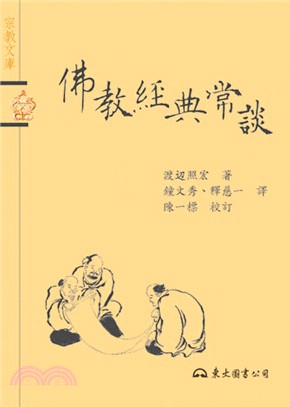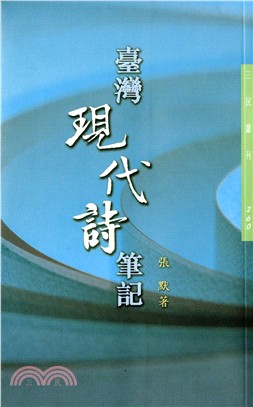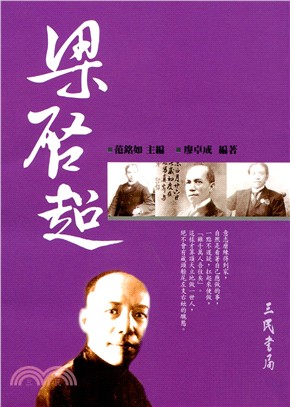Internationalizing English Language Education in Globalized Taiwan
- ISBN13:9789574839537
- 出版社:東華書局
- 作者:Wen-Chuan Lin; I-Jane Janet Weng; Robet Godwin-Jones
- 裝訂/頁數:平裝/272頁
- 規格:23.3cm*15.5cm*1.2cm (高/寬/厚)
- 出版日:2018/09/01
相關商品
商品簡介
商品簡介
Introduction and Overview
For decades, English as a foreign language (EFL) has been generally assumed to be the essential element in global communication, not to mention in today’s world where one is likely to have more encounters (online or in person) with people from different cultures. Crystal (2003) described English as a “global language” and people in Taiwan as well as in other countries in Asia tend to view anything involving English positively. Learning English as a global language is considered by many as vital to Taiwan’s economy in terms of providing access to the world community, and is viewed as one of the means to success in its economic globalization and modernization. Being able to speak English carries significant prestige, and it is generally believed that speaking better English fuels upward mobility in terms of career and social status (Lin & Byram, 2016). This social phenomenon exists not only in Taiwan but also in other Asian countries, such as China, Japan and Korea (see the Afterword).
In an age of rapid globalization, the process of interacting with people who are different from oneself in fundamental ways related to appearance, language, worldviews, or a number of other categories has become part of our everyday lives, for example, in multilingual, multicultural communities or in culturally diverse families (Godwin-Jones, 2018). Since, the majority of human societies nowadays inevitably need to deal with multiple cultures and multiple languages, this gives rise to a growing public interest in the capacity for communicating across the world in English as a common global language, as a lingua franca (Dewey, 2007).This concern is accelerating as technological advances today have played a major role in bringing people together, facilitating the process of globalization.
The Internet has reached the remotest corners of the world. People are now able to see and appreciate differences in culture, way of life, and ways of interpreting the world at the click of a button. The knowledge of and skills in using information technology in EFL teaching and learning has become a new form of “literacy”, or “new literacies” (Lankshear & Knobel, 2003) that are crucial in our educational system today. This has also resulted in a significant call for the development of intercultural communication, for 21st-century citizens to meet a visible increase in the need and desire to be interculturally sensitive and competent. An experience living abroad or in close contact with those from another culture can lead to dramatically changed perspectives on the values and behavior patterns of one’s native country (Godwin-Jones, 2018). For this reason, the integration of education abroad for international exposure and developing intercultural communication competence is now becoming a significant part of EFL education in Taiwan and abroad.
For decades, English as a foreign language (EFL) has been generally assumed to be the essential element in global communication, not to mention in today’s world where one is likely to have more encounters (online or in person) with people from different cultures. Crystal (2003) described English as a “global language” and people in Taiwan as well as in other countries in Asia tend to view anything involving English positively. Learning English as a global language is considered by many as vital to Taiwan’s economy in terms of providing access to the world community, and is viewed as one of the means to success in its economic globalization and modernization. Being able to speak English carries significant prestige, and it is generally believed that speaking better English fuels upward mobility in terms of career and social status (Lin & Byram, 2016). This social phenomenon exists not only in Taiwan but also in other Asian countries, such as China, Japan and Korea (see the Afterword).
In an age of rapid globalization, the process of interacting with people who are different from oneself in fundamental ways related to appearance, language, worldviews, or a number of other categories has become part of our everyday lives, for example, in multilingual, multicultural communities or in culturally diverse families (Godwin-Jones, 2018). Since, the majority of human societies nowadays inevitably need to deal with multiple cultures and multiple languages, this gives rise to a growing public interest in the capacity for communicating across the world in English as a common global language, as a lingua franca (Dewey, 2007).This concern is accelerating as technological advances today have played a major role in bringing people together, facilitating the process of globalization.
The Internet has reached the remotest corners of the world. People are now able to see and appreciate differences in culture, way of life, and ways of interpreting the world at the click of a button. The knowledge of and skills in using information technology in EFL teaching and learning has become a new form of “literacy”, or “new literacies” (Lankshear & Knobel, 2003) that are crucial in our educational system today. This has also resulted in a significant call for the development of intercultural communication, for 21st-century citizens to meet a visible increase in the need and desire to be interculturally sensitive and competent. An experience living abroad or in close contact with those from another culture can lead to dramatically changed perspectives on the values and behavior patterns of one’s native country (Godwin-Jones, 2018). For this reason, the integration of education abroad for international exposure and developing intercultural communication competence is now becoming a significant part of EFL education in Taiwan and abroad.
主題書展
更多主題書展
更多書展本週66折
您曾經瀏覽過的商品
購物須知
為了保護您的權益,「三民網路書店」提供會員七日商品鑑賞期(收到商品為起始日)。
若要辦理退貨,請在商品鑑賞期內寄回,且商品必須是全新狀態與完整包裝(商品、附件、發票、隨貨贈品等)否則恕不接受退貨。

























